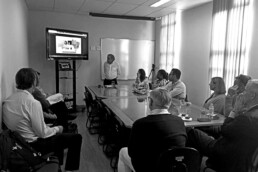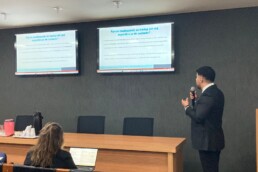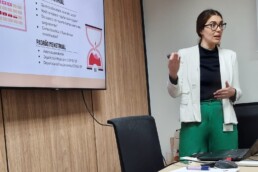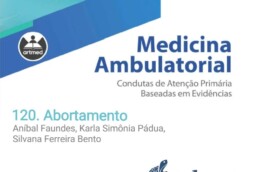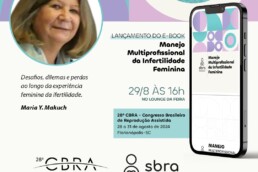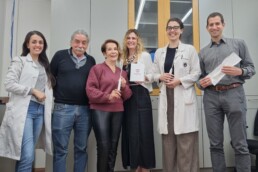 In 2024, the ICA Foundation celebrates 20 years of commitment to reproductive health and equitable access to contraceptive methods worldwide. Since its founding in 2004, the organization has played a crucial role in promoting women’s well-being, especially in regions with higher social vulnerability, by donating hormonal intrauterine devices (SIU-LNG) to public health programs and partner organizations. Over the past two decades, the ICA Foundation has positively impacted millions of lives, trained healthcare professionals, and contributed to advancements in scientific research, reaffirming its mission to transform access to family planning into a universal right.
In 2024, the ICA Foundation celebrates 20 years of commitment to reproductive health and equitable access to contraceptive methods worldwide. Since its founding in 2004, the organization has played a crucial role in promoting women’s well-being, especially in regions with higher social vulnerability, by donating hormonal intrauterine devices (SIU-LNG) to public health programs and partner organizations. Over the past two decades, the ICA Foundation has positively impacted millions of lives, trained healthcare professionals, and contributed to advancements in scientific research, reaffirming its mission to transform access to family planning into a universal right.
Since 2007, the Campinas Reproductive Health Research Center (CEMICAMP) has maintained a strategic partnership with the ICA Foundation, a global organization dedicated to access to contraceptive methods and the strengthening of public health policies. This collaboration has played a key role in expanding access to long-acting, highly effective contraceptive options, especially for low-income populations in Brazil.
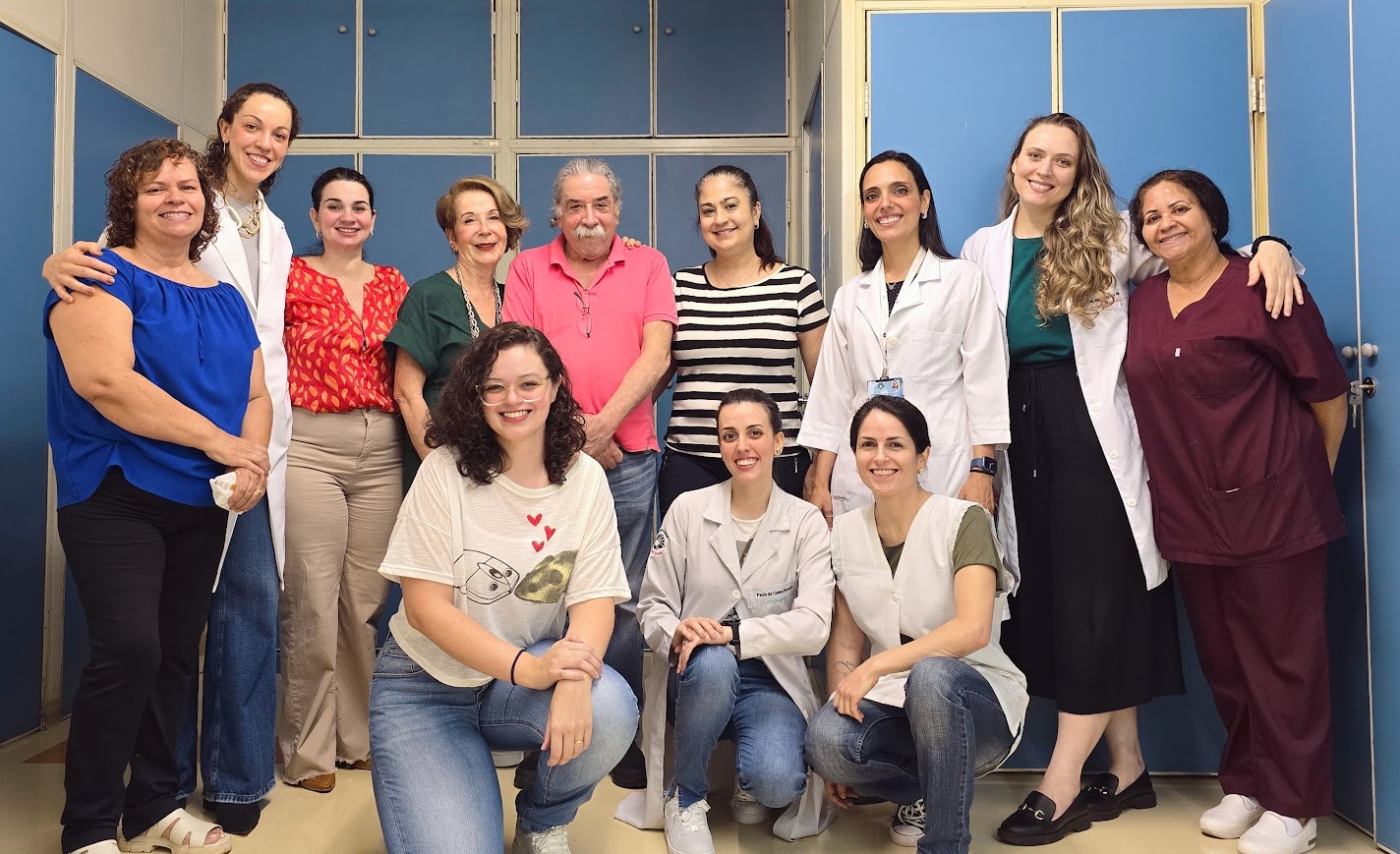 Benefits for Public Health and Research
Benefits for Public Health and Research
- Expansion of access to hormonal IUD:
- Thousands of devices have been provided over the years, allowing women who otherwise wouldn’t have access to this method the opportunity for choice and reproductive control.
- Strengthening of scientific research:
- The donation of devices by the ICA Foundation has enabled the conduct of clinical studies at CEMICAMP, generating valuable data on the efficacy, safety, and acceptability of the hormonal IUD in various contexts. These studies have influenced health policies and guided clinical practice in Brazil and internationally.
- Social and educational impact:
- Healthcare professionals received specialized training in the management and insertion of the SIU-LNG, promoting reproductive health education and improving care in public and private institutions.
- Contribution to the sustainability of the healthcare system:
- The expanded use of the hormonal IUD contributes to the reduction of healthcare system costs by preventing complications related to unintended pregnancies and reducing the need for more complex treatments.
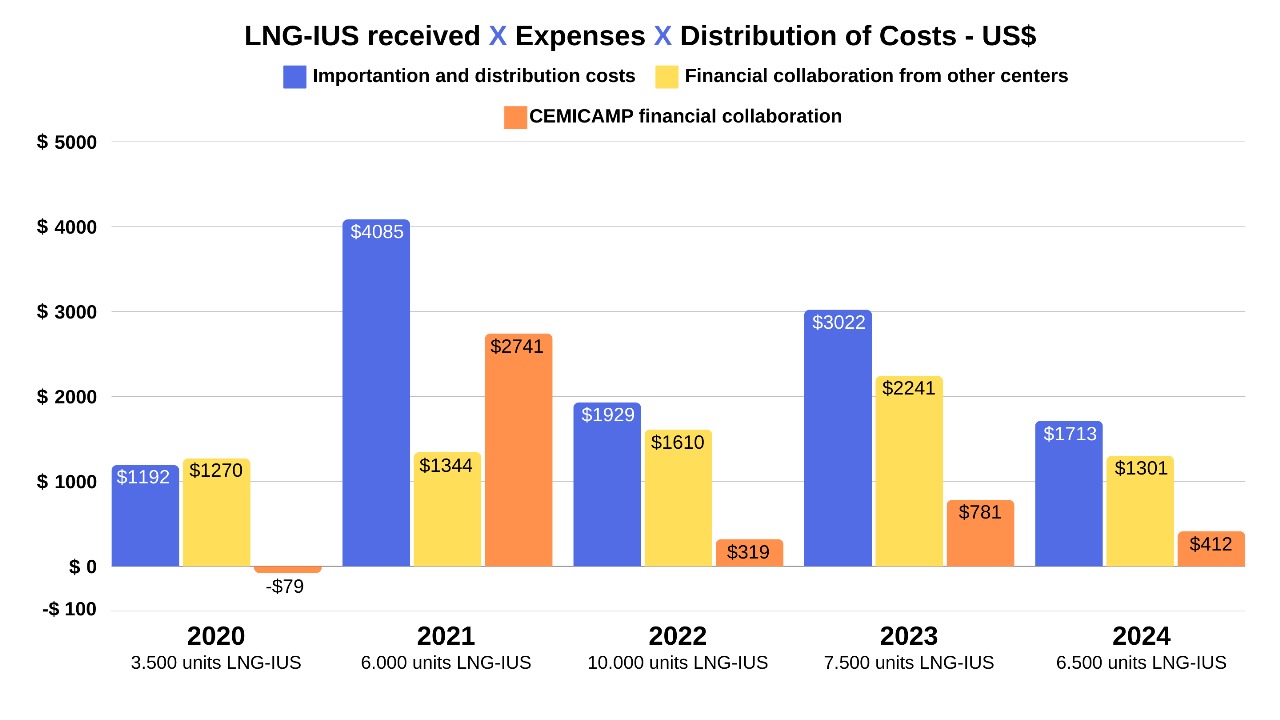 This partnership is an example of how collaborations between non-governmental organizations, philanthropic foundations, and research centers can generate a significant and sustainable impact on global health. Over more than 15 years, the joint work between CEMICAMP and the ICA Foundation has contributed to women’s empowerment and improved the quality of life for women throughout Brazil.
This partnership is an example of how collaborations between non-governmental organizations, philanthropic foundations, and research centers can generate a significant and sustainable impact on global health. Over more than 15 years, the joint work between CEMICAMP and the ICA Foundation has contributed to women’s empowerment and improved the quality of life for women throughout Brazil.




